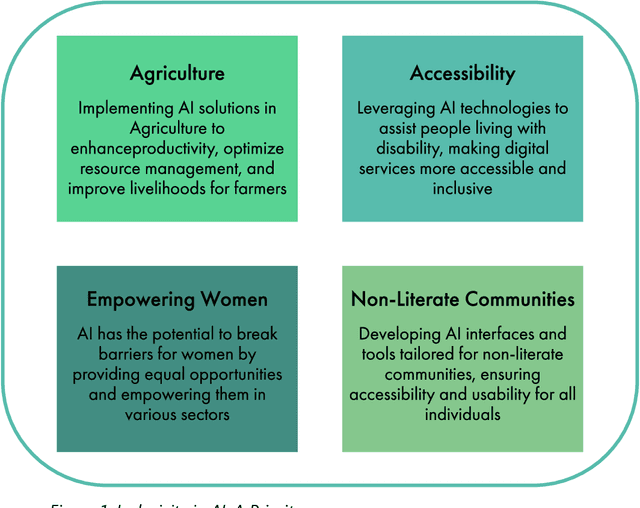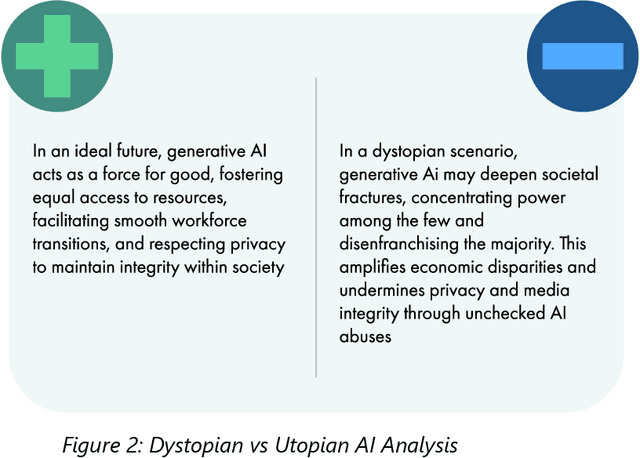Samuel Maina
Reasoning Beyond Labels: Measuring LLM Sentiment in Low-Resource, Culturally Nuanced Contexts
Aug 06, 2025Abstract:Sentiment analysis in low-resource, culturally nuanced contexts challenges conventional NLP approaches that assume fixed labels and universal affective expressions. We present a diagnostic framework that treats sentiment as a context-dependent, culturally embedded construct, and evaluate how large language models (LLMs) reason about sentiment in informal, code-mixed WhatsApp messages from Nairobi youth health groups. Using a combination of human-annotated data, sentiment-flipped counterfactuals, and rubric-based explanation evaluation, we probe LLM interpretability, robustness, and alignment with human reasoning. Framing our evaluation through a social-science measurement lens, we operationalize and interrogate LLMs outputs as an instrument for measuring the abstract concept of sentiment. Our findings reveal significant variation in model reasoning quality, with top-tier LLMs demonstrating interpretive stability, while open models often falter under ambiguity or sentiment shifts. This work highlights the need for culturally sensitive, reasoning-aware AI evaluation in complex, real-world communication.
AI and the Future of Work in Africa White Paper
Nov 15, 2024

Abstract:This white paper is the output of a multidisciplinary workshop in Nairobi (Nov 2023). Led by a cross-organisational team including Microsoft Research, NEPAD, Lelapa AI, and University of Oxford. The workshop brought together diverse thought-leaders from various sectors and backgrounds to discuss the implications of Generative AI for the future of work in Africa. Discussions centred around four key themes: Macroeconomic Impacts; Jobs, Skills and Labour Markets; Workers' Perspectives and Africa-Centris AI Platforms. The white paper provides an overview of the current state and trends of generative AI and its applications in different domains, as well as the challenges and risks associated with its adoption and regulation. It represents a diverse set of perspectives to create a set of insights and recommendations which aim to encourage debate and collaborative action towards creating a dignified future of work for everyone across Africa.
MEGA: Multilingual Evaluation of Generative AI
Apr 03, 2023



Abstract:Generative AI models have impressive performance on many Natural Language Processing tasks such as language understanding, reasoning and language generation. One of the most important questions that is being asked by the AI community today is about the capabilities and limits of these models, and it is clear that evaluating generative AI is very challenging. Most studies on generative Large Language Models (LLMs) are restricted to English and it is unclear how capable these models are at understanding and generating other languages. We present the first comprehensive benchmarking of generative LLMs - MEGA, which evaluates models on standard NLP benchmarks, covering 8 diverse tasks and 33 typologically diverse languages. We also compare the performance of generative LLMs to State of the Art (SOTA) non-autoregressive models on these tasks to determine how well generative models perform compared to the previous generation of LLMs. We present a thorough analysis of the performance of models across languages and discuss some of the reasons why generative LLMs are currently not optimal for all languages. We create a framework for evaluating generative LLMs in the multilingual setting and provide directions for future progress in the field.
 Add to Chrome
Add to Chrome Add to Firefox
Add to Firefox Add to Edge
Add to Edge